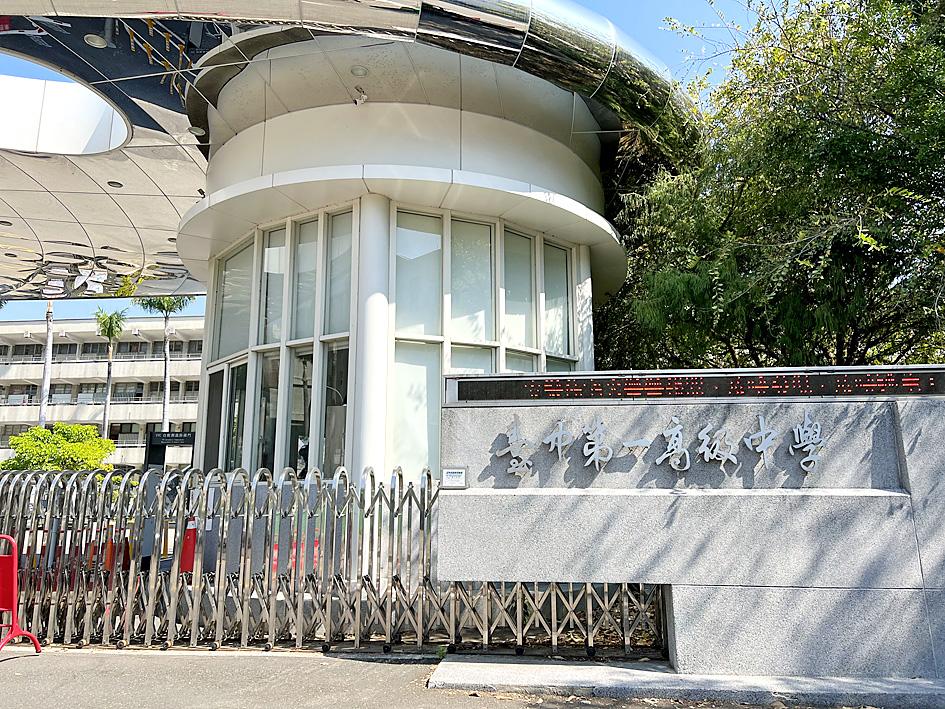-
By Chang Jui-chen, Su Chin-feng, and Liu Tzu-hsuan / Staff Reporters, with a staff writer
Music played for the deceased using the traditional nanguan (南管) and beiguan (北管) Musical forms celebrate Taiwanese people’s philosophy of life, morals and values and should therefore not be discriminated against, a scholar said on Saturday.
A music video uploaded to the Internet on Friday showed a music teacher from Taichung Municipal First High School, surnamed Lu (呂), yelling at a group of students for giving a presentation on nanguan and beiguan music, and a “soul guide” piece of music for their report on traditional Chinese instruments.
Soul guidance is a Taiwanese folk custom consisting of rituals and music, said Lin Mao-hsien (林茂賢), chairman of the Department of Taiwanese Languages and Literatures at National Taichung University of Education.
Photo: ANC
Although it serves to guide the soul of the deceased on the road to Sukhavati – a pure land in Mahayana Buddhism – the tradition consoles the living and soothes their worries, he said.
The soul guidance music embodies Taiwanese folk beliefs of the immortality of souls, judgment after death and karma, Lin added.
Traditional nanguan and beiguan music has also been included in the national 12-year curriculum guidelines and designated as Taiwan’s intangible cultural heritage, Lin said.
If the two musical forms are often linked, beiguan is sung in Mandarin Chinese while nanguan is sung in Hoklo (commonly known as Taiwanese) with an accent associated with southern China’s Fujian province, said Wu Su-hsia (吳素霞), a longtime promoter of nanguan.
Beiguan is played using suonas, gongs and drums, as well as pipas and huqins, while nanguan only involves instruments played indoors, such as pipas, sanxians and erxian, has she added.
nanguan has been preserved independently from the music industry, as it is not marketed for profit, but is a kind of casual music for entertainment, Wu said.
“Although nanguan is not a type of performance art, it is a living antiquity of Taiwanese cultural arts,” she said.
Meanwhile, the school said on Saturday it would provide guidance to students involved in the incident with Lu.
However, students who uploaded the video accused the school of forcing them to take down the video.
They said they hoped the school would investigate the incident and replace Lu.
Lu had made no public response at press time last night, while the school said the incident was still under investigation.
Additional reporting by Ho Tsung-han
Comments will be moderated. Keep comments relevant to the article. Remarks containing abusive and obscene language, personal attacks of any kind or promotion will be removed and the user banned. The final decision will be at the discretion of The Taipei Times.

